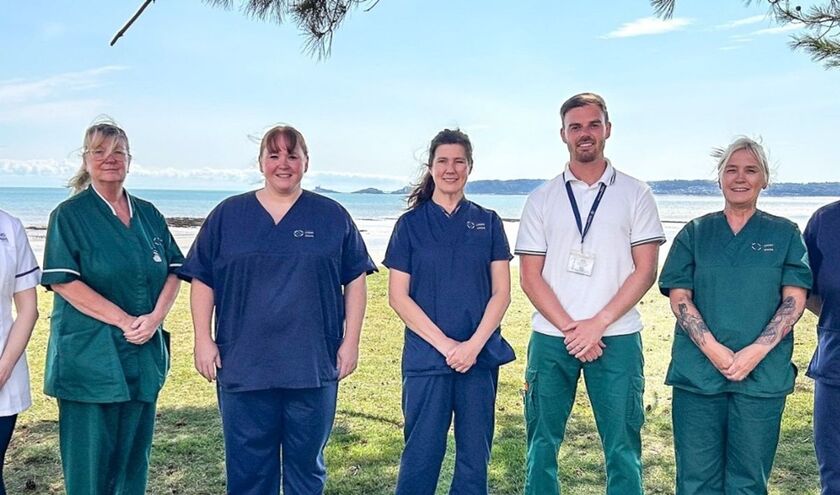The service was initially set up as a pilot project in November 2021 but proved so successful that it was later rolled out with a virtual ward now running within all eight Local Cluster Collaboratives.
So far, the virtual wards service has prevented approximately 4,000 hospital admissions.
Neil Hapgood, service improvement manager for Swansea Bay's virtual wards, said: ‘The service acts as an essential bridge between primary care, secondary care and community services by bringing together staff from across the health and care system to collaborate on the planning and delivery of care.
‘This seamless approach prevents delays, allows high-quality care to be delivered as prudently as possible and ensures Swansea Bay is moving in the direction of national policy.'
He added: 'Patients that leave hospital under the care of virtual wards are 70% less likely to be readmitted than those that don't, showing the value in this holistic approach.'
Data collected by the service showed that 98% of patients were confident the virtual wards met their needs at home, and 98% also felt they were involved in discussions about their care.
In more recent years, the service has continued to develop and has introduced a number of different initiatives to help improve patient experience. This includes a Fracture Discharge Service, which is delivered by teams from the virtual wards, Older Persons Assessment Service, Trauma and Orthopaedics and Early Supported Discharge.
Patients with certain fractures are identified and a same day, or earlier discharge, is facilitated.
Dr Elizabeth Davies, clinical director for Swansea Bay's Care of the Elderly, said: ‘This is modern healthcare at its best: proactive, joined-up, and shaped around people's lives — not just their conditions or the institutions that serve them.
‘I'm proud to be a consultant for the virtual ward, and as we look to the future, we'll keep building on its strengths, improving integration and responsiveness, so even more people can be safely and confidently supported at home.'



